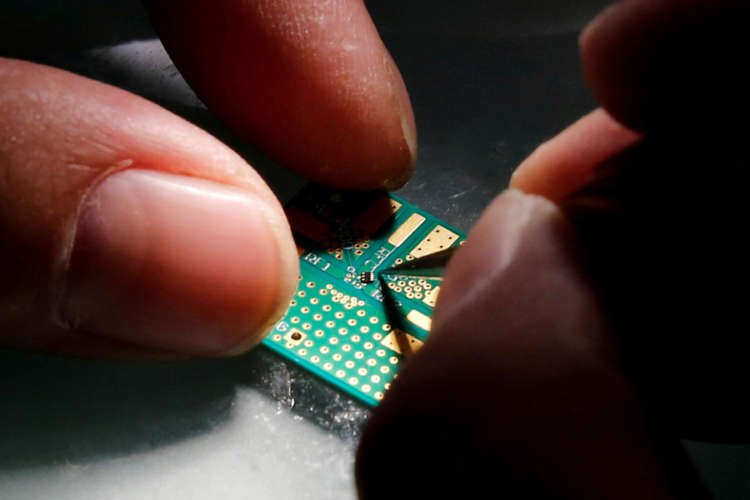Top Stories
Explainer: Why is there a global chip shortage and why should you care?
Published by linker 5
Posted on March 31, 2021
1 min readLast updated: January 21, 2026

Published by linker 5
Posted on March 31, 2021
1 min readLast updated: January 21, 2026

Explore more articles in the Top Stories category











